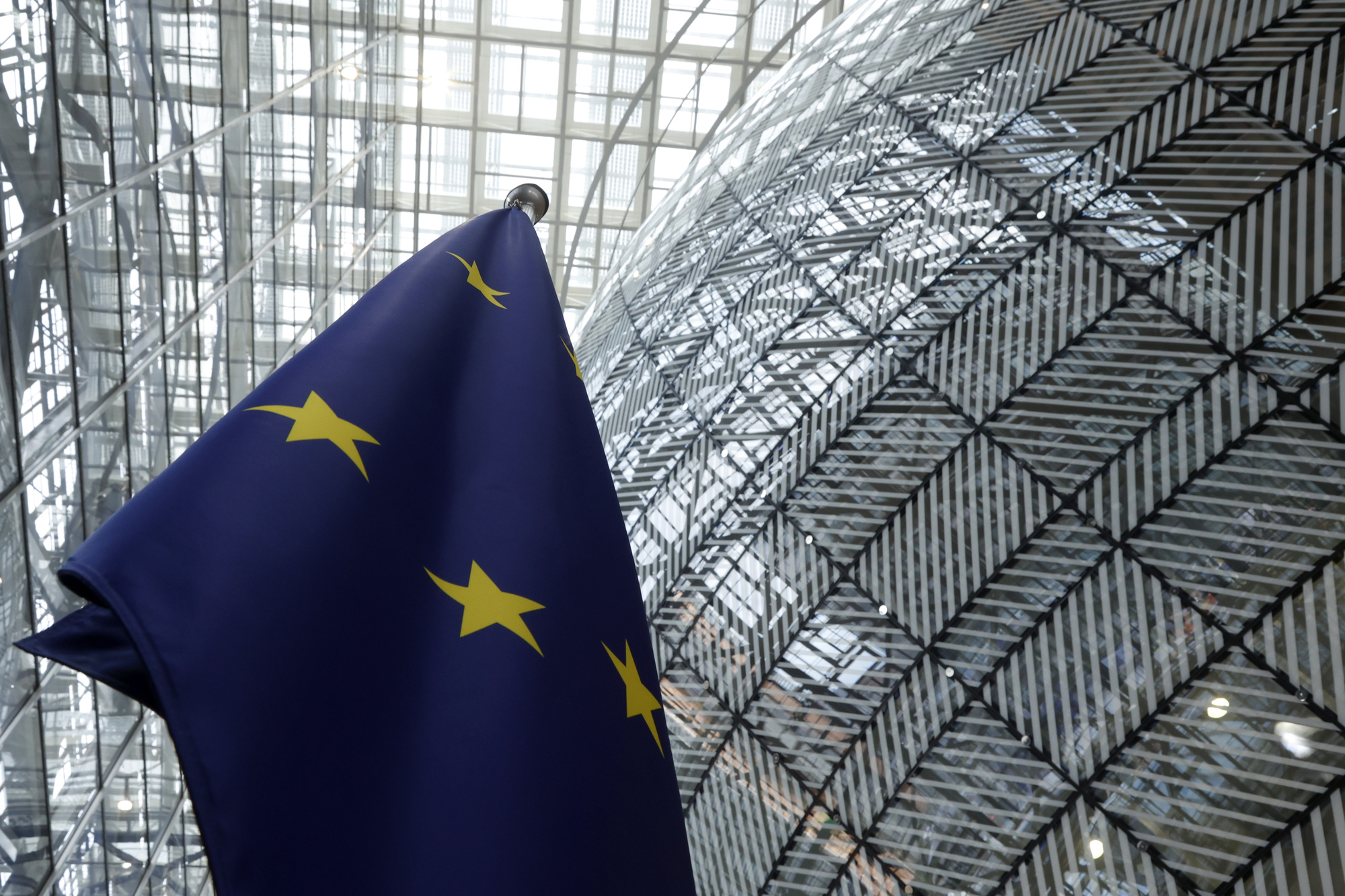The European Union is working to secure approximately €133 billion ($155 billion) in financial and military support for Ukraine in 2026-2027, according to an EU official familiar with the process who spoke to Europeiska Pravda's correspondent on condition of anonymity.
The funding breakdown includes €52-53 billion in budget support, based on preliminary IMF estimates, plus military assistance that could reach $80 billion over the two-year period, the official said. He emphasized that these figures are approximate, noting that "assessing military needs is even more difficult."
"For Ukraine to withstand the aggression, it needs resources. And these are very significant resources," the official told European Pravda.
Military support requirements vary dramatically depending on the battlefield situation.
"In wartime, Ukraine's military support could amount to about $60 billion per year, and in peacetime about $25 billion," the official explained. "Depending on the development of combat operations, these costs could reach approximately $80 billion over two years."
Without this support, consequences would be severe. "If such support is not provided, it will most likely lead to Ukraine's collapse, which in turn will create a serious security threat for all of Europe," the official warned.
The official acknowledged a shift in US policy regarding financial support for Ukraine, stating that "we can no longer count on significant contributions from the American side."
This has pushed the EU back to the question of frozen Russian assets. "That's why we returned to the issue of Russian frozen assets – and it seems we have found a way to do this," he said, adding that "the European Commission does not yet have a ready proposal on this matter, but it is very important to emphasize immediately that there is no question of confiscation."
The proposal centers on "reparation loans" to Ukraine based on frozen Russian assets, an idea announced by European Commission President Ursula von der Leyen. The official explained that it relies on the European Council's decision of October 17, 2024, which clearly states that under EU law, Russia's assets must remain frozen until Russia stops its war of aggression against Ukraine and compensates for the damage caused by the war.
Negotiations are currently underway with EU member states and external partners on the concept and implementation of these reparation loans, the official said. He predicted that a specific proposal from the European Commission will be formulated after EU leaders discuss the issue at the European Council meeting in Brussels on 23-24 October.
German Chancellor Friedrich Merz has said he expects a decision on using frozen Russian assets for further aid to Ukraine this month, as Europeiska Pravda previously reported. Von der Leyen earlier acknowledged that providing Ukraine with a "reparation loan" raises concerns in many EU member countries. Germany, Sweden, and Finland are among the supporters of the idea, while Copenhagen also believes implementation is possible despite legal complexities.
Belgian Prime Minister Bart De Wever has asked other EU leaders to provide guarantees that they will share the risks if frozen Russian assets located in his country are used to finance loans to Ukraine. Hungary does not support the idea of providing Ukraine with "reparation loans" based on funds from frozen Russian assets.
Read also
-
The Economist: Ukrainian-made drones and missiles disable 20% of Russian oil refining, pressuring war economy
-
Ukraine develops five deep-strike weapons capable of reaching 1,000 km into Russia — and more are expected
-
Kyiv reportedly knocks out power to 40,000 in Russia’s Belgorod and Bryansk oblasts, after Moscow hits Ukraine with 50 missiles




